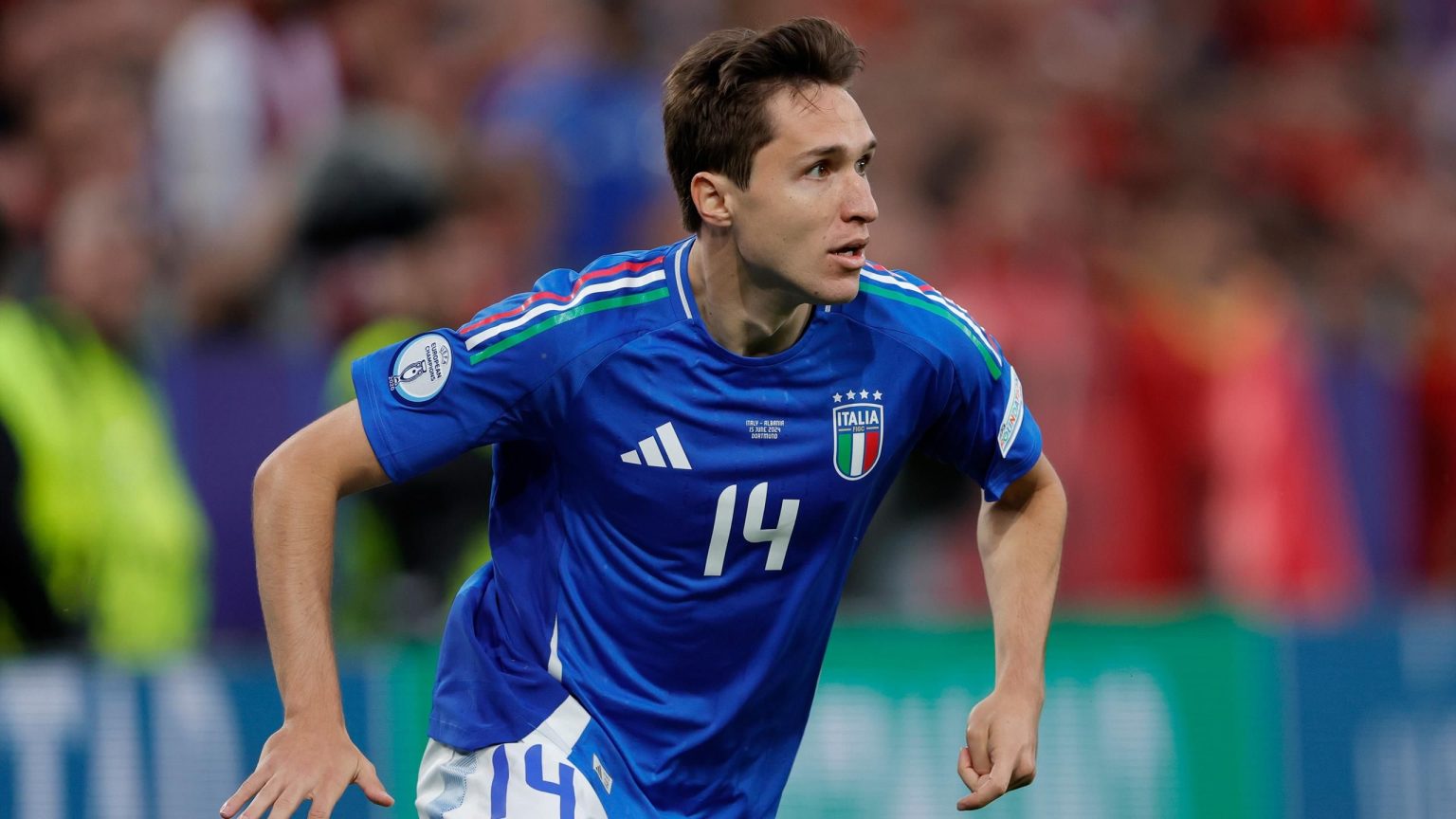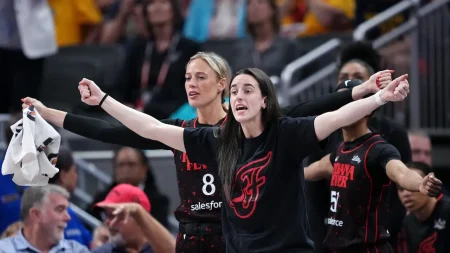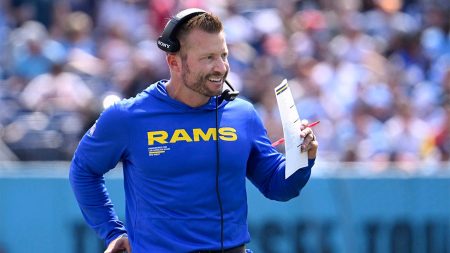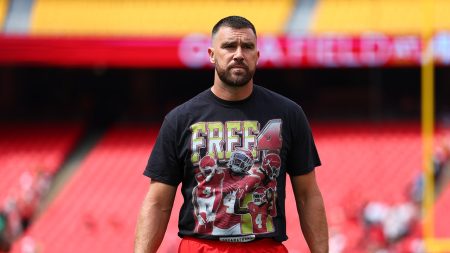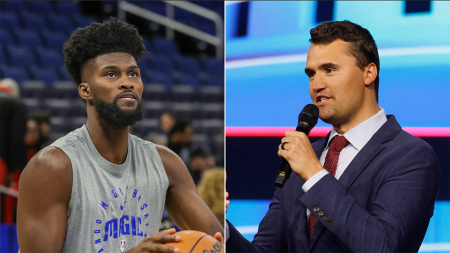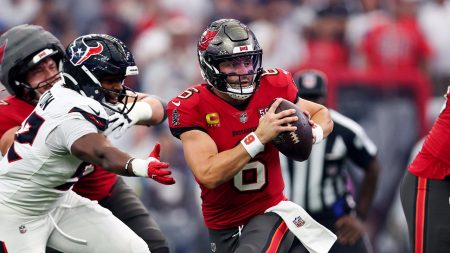Chelsea are facing a dilemma with regards to Raheem Sterling, an England international who currently earns £325,000-per-week. At least two teams have shown interest in signing Sterling, but they would require Chelsea to contribute to his wages if he refuses to take a pay cut. This situation puts Chelsea in a difficult position as they may need to negotiate with other clubs in order to offload Sterling.
The negotiations between Chelsea and interested teams add a layer of complexity to the situation. Chelsea may need to work out an agreement with these clubs to share the burden of Sterling’s wages if he does not agree to a pay cut. This could involve Chelsea agreeing to subsidize part of Sterling’s salary in order to facilitate his transfer to another team. These negotiations will require careful planning and communication to ensure that all parties involved are satisfied with the terms of the deal.
Sterling’s refusal to take a pay cut adds further complications for Chelsea. If he insists on maintaining his current salary, Chelsea will need to consider their options carefully. They may need to explore other potential transfers or loan deals for Sterling in order to reduce the financial burden on the club. This could involve seeking out alternative arrangements that are more favorable in terms of wage contributions and transfer fees.
The financial implications of Sterling’s situation are significant for Chelsea. With his high wages and potential reluctance to take a pay cut, Chelsea must carefully assess the impact on their budget and financial stability. They may need to make strategic decisions to manage their resources effectively and ensure that they can meet their financial obligations while also pursuing their transfer objectives. This requires careful planning and consideration of all potential scenarios.
Ultimately, Chelsea will need to weigh the pros and cons of keeping Sterling on their roster. While he is a talented player with international experience, his high wages and refusal to take a pay cut may pose challenges for the club. Chelsea will need to consider the long-term implications of retaining Sterling and factor in the financial implications of his situation. This decision will require careful deliberation and strategic planning to ensure that Chelsea can achieve their transfer objectives while maintaining financial stability.
In conclusion, the situation with Raheem Sterling presents a complex challenge for Chelsea. With interest from other teams, negotiations over wage contributions, and Sterling’s refusal to take a pay cut, Chelsea must navigate a series of potential obstacles in order to offload the player. The financial implications and strategic decisions involved make this a critical issue for the club to address. Chelsea will need to carefully consider their options and make informed decisions to ensure that they can secure a favorable outcome in this challenging situation.




